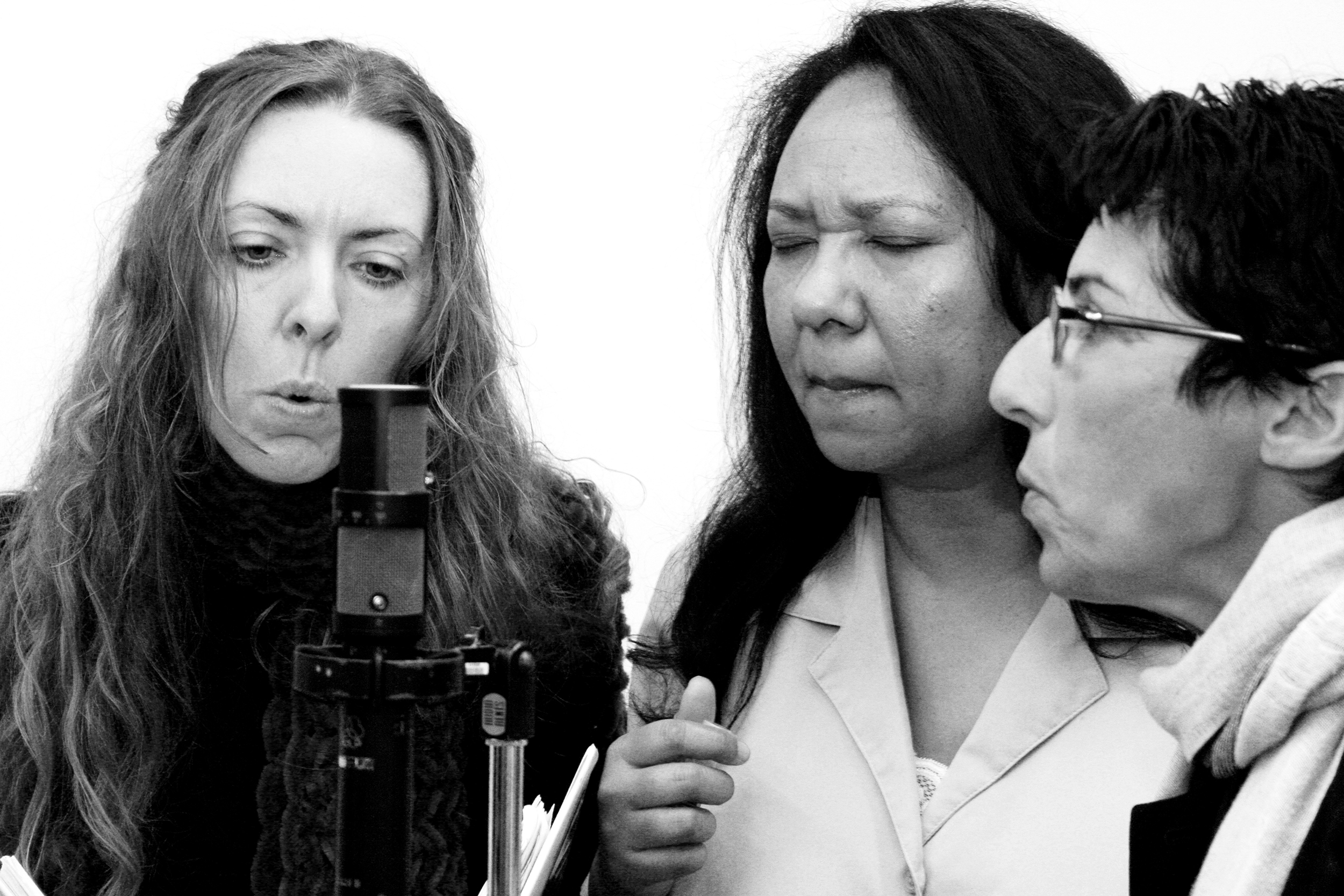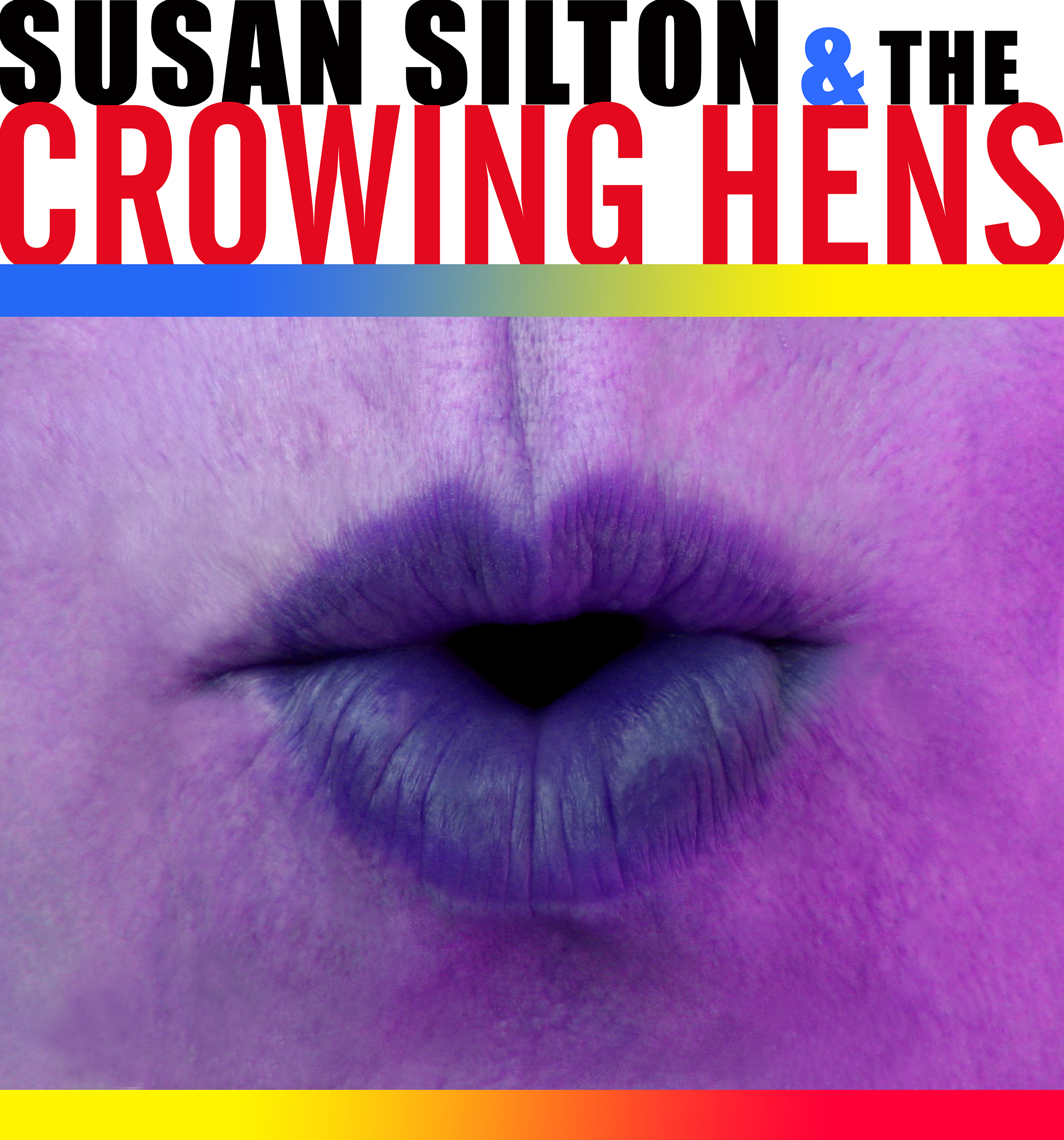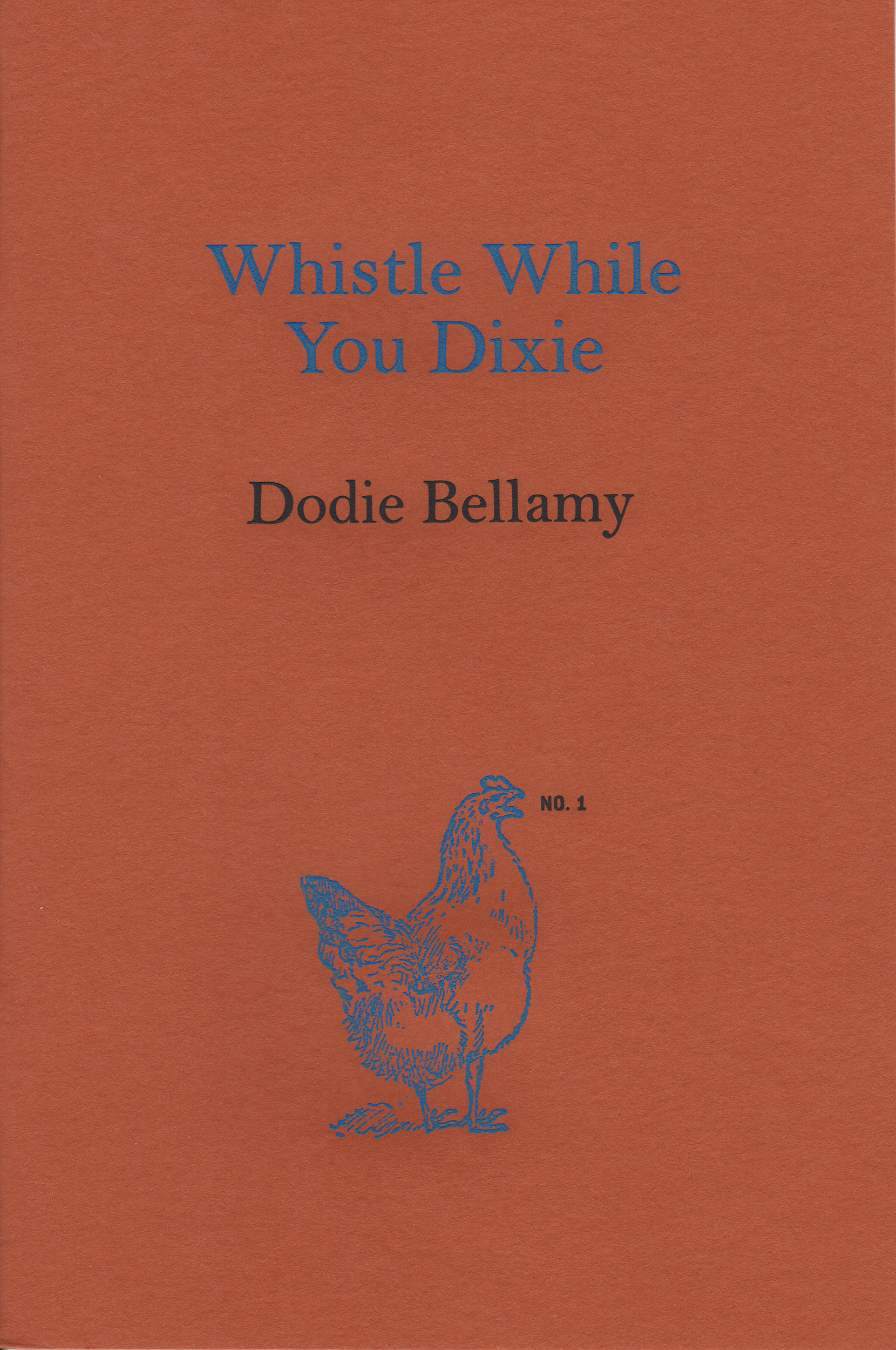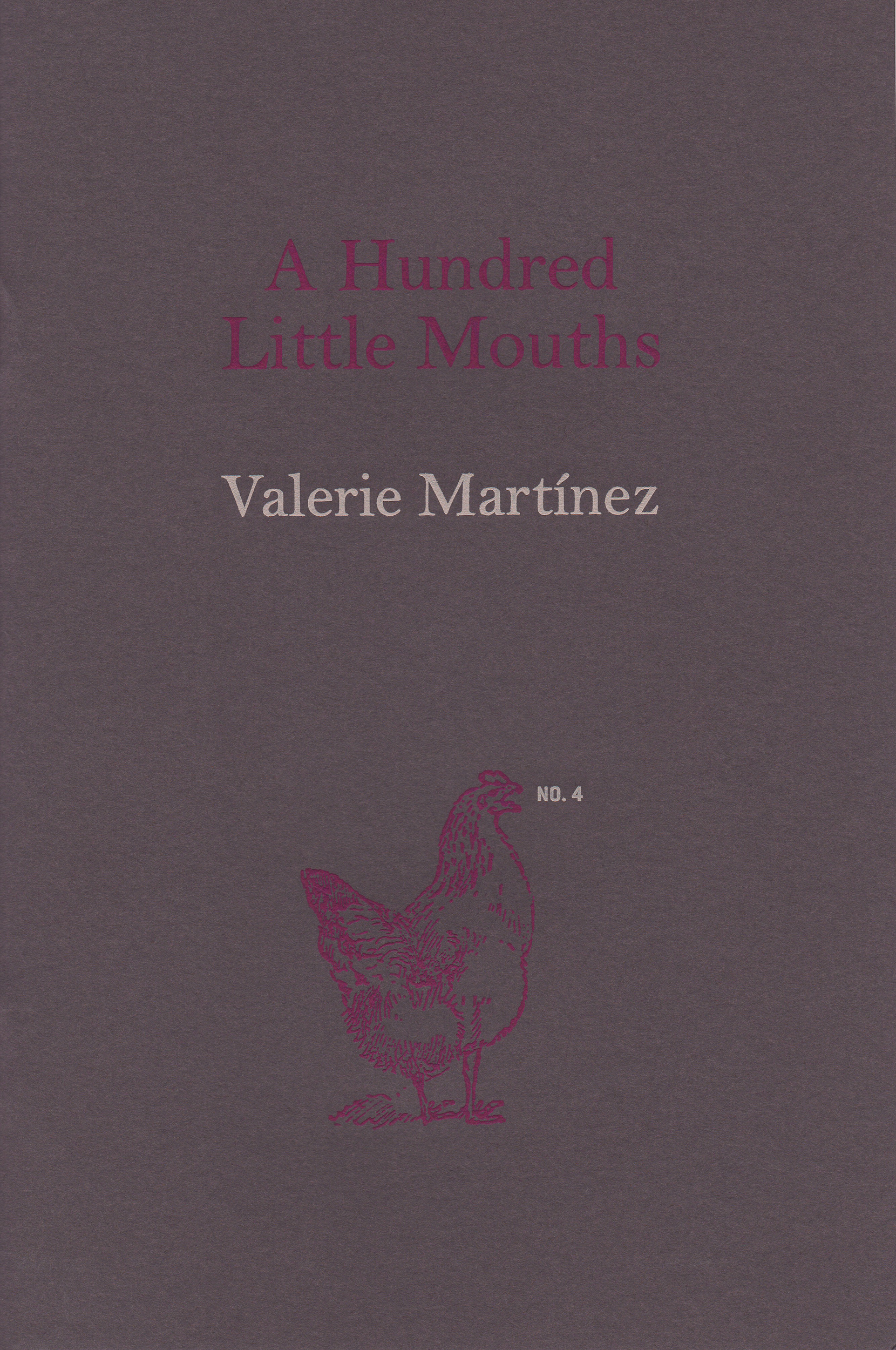The Whistling Project
Performance, video, sculpture, textworks, 2010–
The Whistling Project was launched in 2010 at the Los Angeles-based nonprofit LAXART, in the debut performance of the women’s whistling group Silton formed, The Crowing Hens. The project evolves from Silton’s ongoing interest in the impact of voice (among other signifiers) on subjectivity, and what is a lifelong inquiry into voice and its aesthetic/discursive possibilities.
The project challenges conventional properties of human voice by charging an ordinary activity with artistic/theoretical depth, humor, and accessibility, and is rendered in a variety of mediums including performance, sculpture, and textworks. The whistle is an inbetween voice, produced, like voice, from the body (through the mouth), but not from the vocal cords, where gendered voice has typically resided and been theoretically and art historically codified. As such, the whistle represents an altogether different kind of voice, one that considers the philosophical, psychoanalytical, and linguistic discourses that have historically framed voice, but one that proposes transcendent possibilities of a voice freed from the body’s voicebox and therefore from language as it’s usually understood.
The project evolves from Silton’s sustained interest in how voice impacts assumptions about gender. Notes Anne Carson in The Gender of Sound: “Aristotle asserts the highpitched voice of the female is one evidence of her evil disposition, for creatures who are brave or just have large deep voices.”
A major influence in the development of the project came in the discovery of an anomalous assertion made in the late 1800s by then sexual reformer/psychologist Havelock Ellis who claimed in the pages of his two-volume compendium The Psychology of Sex that “inverted women [lesbians] are very often good whistlers…” because, he asserted, their larynxes resemble mens’. While Ellis’ claims are unsubstantiated, Silton has been intrigued by historical references to whistling as a crude or unnatural activity for women to engage in (hence the project’s invocation of an old proverb,“women whistling and crowing hens will come to no good in the end”) and the ways in which this bias evolves historically from other assumptions about the gendered voice.
The Crowing Hens is comprised of six whistlers (Erin Barnes, Jessica Basta, Carole Anne Kaufman, Laura Loftsgaarden, Kat Nockels, Susan Silton) with musical accompaniment/direction by experimental composer/cellist Jessica Catron, guitarist Jeremy Drake, and drummer Joe Berardi. Together the group has performed a series of arrangements of theme songs derived from male-centric films (including The Godfather; The Good, the Bad, and the Ugly; ROCKY; James Bond; Bridge Over the River Kwai, etc). The quirkiness of the songs offsets the formal arrangements for harmonic whistling.
Accompanying each performance by The Crowing Hens is a reading from an original written work commissioned by Silton that resonates with the content of whistling. These works function collectively as a dialogue with the project, and are published as a series of limited edition chapbooks with engraved covers. The titles in the series to date are: Whistle While You Dixie, by Dodie Bellamy (2010); Secret Languages, by Tirza True Latimer (2012); Puff, by Christopher Russell (2015), and A Hundred Little Mouths, by Valerie Martínez (2015).
Future projects are in process, including a short film incorporating young female practitioners of the centuries-old whistled language of Silbo Gomero, reciting excerpts from Gertrude Stein’s poem, Lifting Belly. In 2011, Silton was awarded an Art Matters Foundation grant to develop this work and in 2016, the artist filmed in the Canary Islands, where the language originates.





